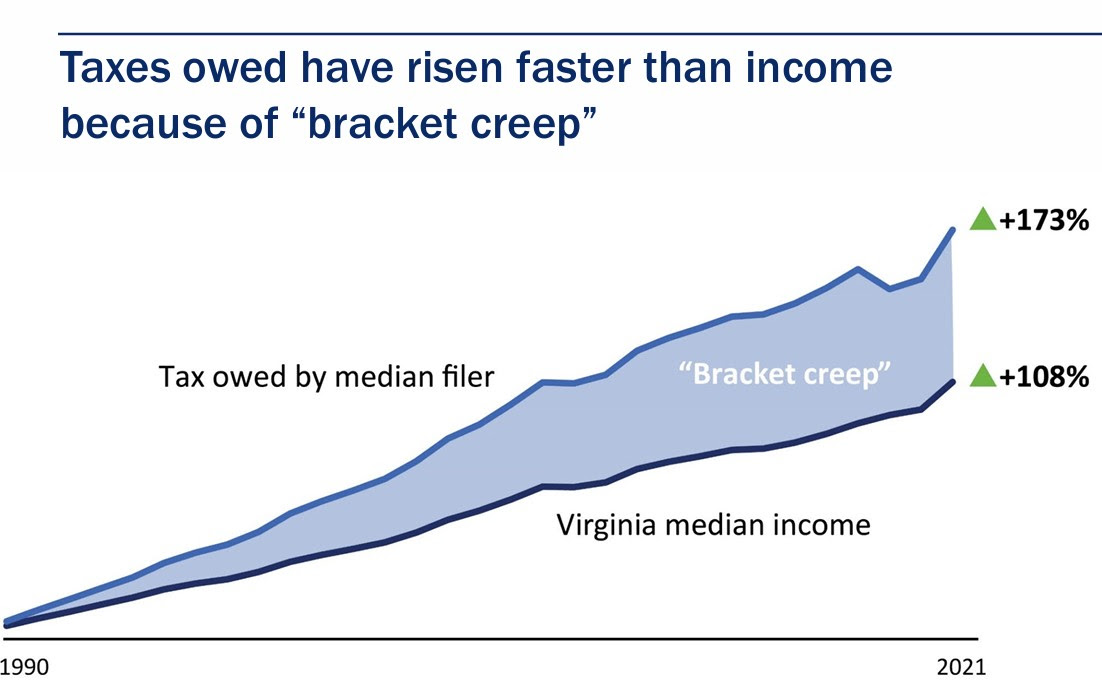Those of us who had the privilege of working with Ronald Reagan know he was utterly unique—a true American original.
So it’s a delight to find Dennis Quaid, in the new movie “Reagan,” accomplishing a seemingly impossible task: bringing our 40th president to life in a way that makes you feel like you’re watching not an actor, but the real man behind that trademark grin.
That can’t have been easy. And Quaid has admitted as much in interviews about the film. He was wary of accepting the role because he knew he wouldn’t be introducing a movie character, but rather stepping into the shoes of a famous person audiences already know—or think they know.
And that’s really the point of this film: to see the whole sweep of Reagan’s life and figure out what made him tick—to see how the son of an alcoholic traveling salesman moved from a small town in Illinois to the bright lights of Hollywood, to the governor’s mansion in California, and finally to the pinnacle of power at 1600 Pennsylvania Avenue, across the River.
Reagan still inspires many who entered politics long after he left the political stage—even some on the Left, who oppose his policies. He’s hailed as the Great Communicator. And with good reason: Few politicians could match his rhetorical skill and his ability to articulate great themes that resonated with the American people.
But that’s where many stop. They don’t want to emulate his policies or his agenda.
They just hope that if they study his methods, a little of his “magic” will rub off on them.
To know and to work with Ronald Reagan was to appreciate a different person. One of my first personal encounters was in 1977 during my first year as President of Heritage when I called on the former Governor at his private home in Bel Aire, California. His assistant invited me into the house to wait in his library for him.
What a library it was! A quick scan and I picked out a shelf with conservative classics by Friedrich von Hayek, Russell Kirk, Bill Buckley and other conservative thinkers.
I gingerly pulled down Hayek’s Road to Serfdom, flipped it open, and there were Reagan’s marginal notes on almost every page.
This man was not just a great communicator—he read, he understood, and then he communicated great ideas.
So it wasn’t just Reagan’s ability to communicate that endeared him to millions of Americans. It was the fact that he spoke to their most cherished beliefs and that he articulated them so well.
You weren’t going to get a poll-tested word salad from Ronald Reagan. No, it was:
· Taxes are too high—let’s cut them.
· Inflation is too high—let’s tame it.
· The Cold War can be won—let’s do it.
The fable of many on the Left is that this was all smoke and mirrors.
But the facts tell a different story. Reagan took the “stagflation” mess his predecessor handed him and created an economic miracle.
After his three-stage tax cut and a reduction in government growth, our economy expanded. Americans of every class—rich, middle-class, and poor—saw their wealth increase.
It was our nation’s longest peacetime expansion in our history. By decade’s end, we had added the economic equivalent of a new Germany to our GDP. Inflation was cut by two-thirds, interest rates by half. Unemployment dropped to its lowest level in 15 years.
And, as President, he remembered his intellectual mentors: I had the honor of presenting Heritage’s Distinguished Fellow Friedrich von Hayek, for a private meeting with the President in the Oval Office in November, 1983, and the honor of receiving the Presidential Citizens Medal from the President, simultaneously with Heritage’s other Distinguished Fellow, Russell Kirk, in January, 1989.
So, on our side, it’s because of his policy track record that so many politicians seek to portray themselves as latter-day Reagans.
To decide whether they deserve this mantle, however, let’s consider this quote from his farewell address:
” ‘We the people’ tell the government what to do; it doesn’t tell us. ‘We the people’ are the driver, the government is the car. And we decide where it should go, and by what route, and how fast.”
How many talk like that these days? Far too few, I am afraid.
If the new movie that bears his name encourages people to take a closer look at the man, at what he believed, and why–then it will have, to use one of his most famous lines, “won one for the Gipper.”
Ladies and Gentlemen, it was—and still is—with great pride when I hear a stranger, a friend, a colleague or a talking head say that “The Heritage Foundation was Ronald Reagan’s favorite think-tank.”
Thank you, for everything, Mr. President!
Ladies and gentlemen, let’s enjoy the movie!

